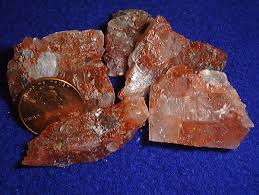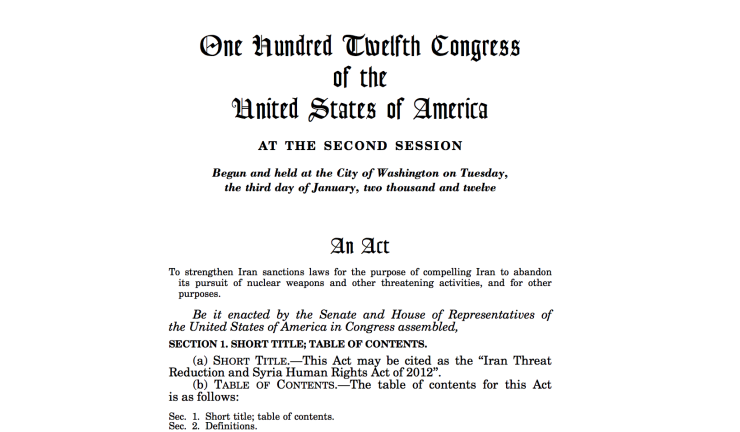Why You Should be Interested in Belarusian Potash Mining

Potash (n.): a form of potassium that is used especially to improve soil or to make soap.
I decided it would probably be a good idea to define potash, since it’s not exactly a term used in everyday conversation. But if you were not already aware, potash is a widely-used fertilizer that is actually an important component to modern agriculture. So how is potash a) in any way sanctions-related b) why are people starting to care?
That would be because Belarusian firm Belaruskali is reportedly poised to become the world’s largest potash miner this year. Furthermore, after a roughly 7-year hiatus, Belaruskali recently resumed exports to the United States, which is a potash producer in its own right.
Belaruskali’s absence from the U.S. market was the result of Executive Order 13405 and the 2007 designation of its former parent Belneftekhim. Its return has apparently riled up a number of U.S. Congressmen from states with Potash mining operations.
Belneftekhim holds a special place in U.S. sanctions history. A state-owned industrial and petrochemicals conglomerate, Belneftekhim is a sprawling monstrosity of subsidiaries and affiliates. It also accounts for 35% of Belarus’s exports and over 30% of the country’s industrial output according to the Congressional Research Service.
When the company was added to the list of Specially Designated Nationals and Blocked Persons (“SDN List”) in 2007, practitioners encountered a great deal of difficulty in determining which of Belneftekhim’s subsidiaries and affiliates were considered blocked for the purposes of the Belarus Sanctions Regulations. Thus was born the original “50% Rule,” which set OFAC’s interpretation of owned or controlled to be 50 percent or greater ownership by a single SDN. It’s important to note that this guidance has since been superseded by a revised 50% rule, which expands the definition to include aggregate 50 percent or greater ownership by one or multiple SDNs.
The reason Belaruskali appears to be capable of making a return to the United States is that in mid-2014 the company, which is not specifically designated itself, was abruptly split off from Belneftekhim by the Belarusian government. Apparently the theory is that eliminating SDN ownership, Belaruskali is no longer legally considered a blocked party. Indeed, according to the Export Practioner, Belaruskali’s U.S. counsel wrote to OFAC asking for confirmation that it is not subject to sanctions. Of course as a matter of policy OFAC won’t answer a question like that other than to restate the 50% rule.
However, OFAC’s response did contain important caveats.
“U.S. persons are advised to act with caution when engaging in a transaction which an entity in which a blocked person has significant ownership interest that is less than 50% or which a blocked person may control by means other than a majority ownership interest.”
A number of these red flags appear to be present with Belaruskali. While not explicitly stated in the company’s charter, it seems that the company’s Director General must be approved by Belarusian President Alexander Lukashenko, himself an SDN. Under it’s charter, Lukashenko appears to have veto power over most company decisions, see paragraph 48.28. As a state owned company, it may also take significant direction from Lukashenko or other SDNs in other ways.
In an interesting twist, Treasury has publicly admitted that it is investigating whether Belaruskali should be subject to sanctions. Last week, a Treasury spokeswoman told the Wall Street Journal
“OFAC has received information about this issue and incorporated it into its review of the sanctions imposed with respect to Belarus,” she said
Normal procedure is for Treasury to refuse to comment regarding ongoing investigations. Anyone considering signing contracts with Belaruskali for the import of Belarusian potash might want to keep a close eye of OFAC’s Recent Actions Page, or better yet, keep an eye of Sanction Law’s OFAC Feed.

